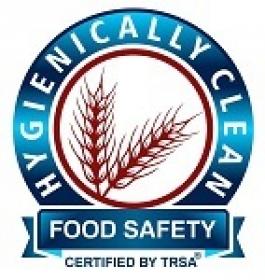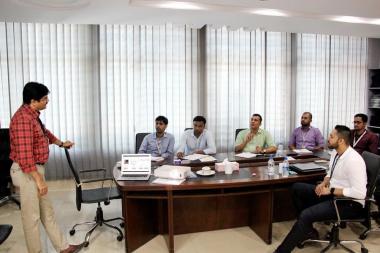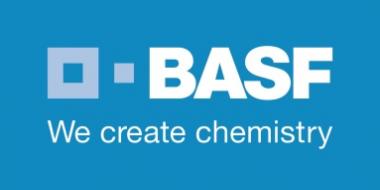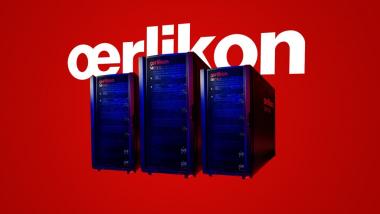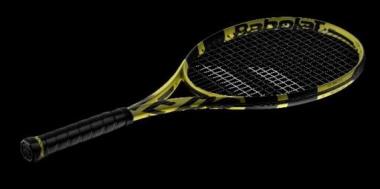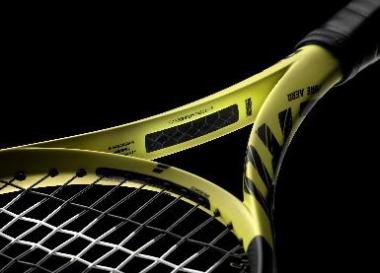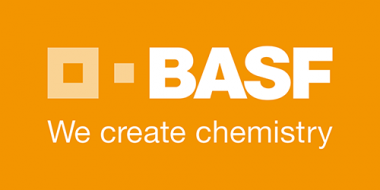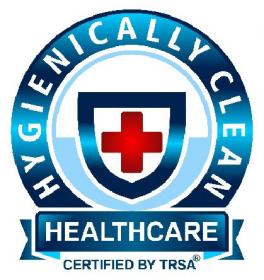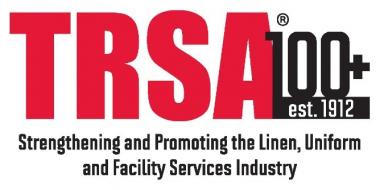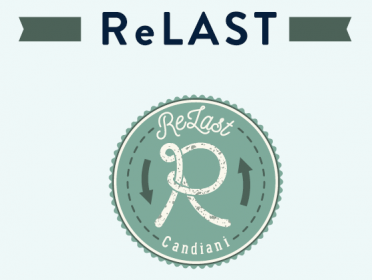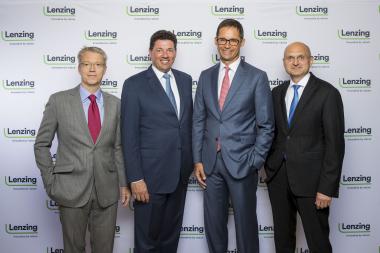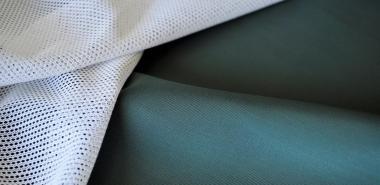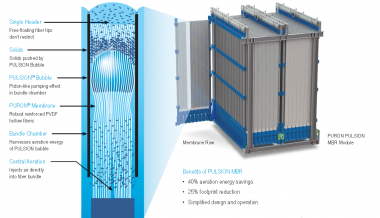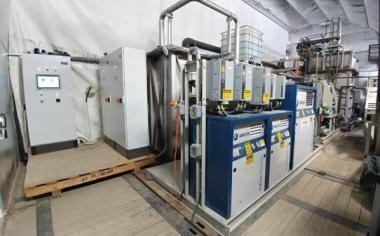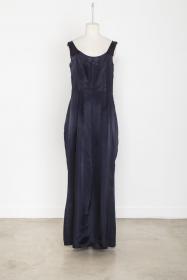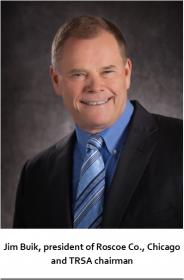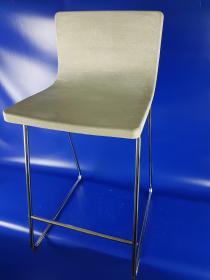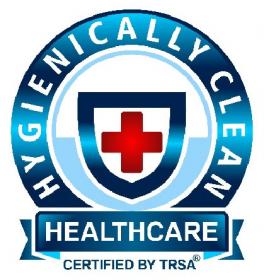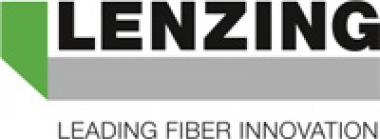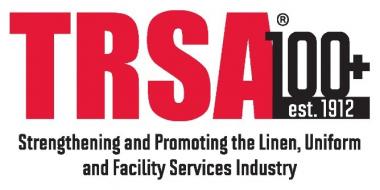AmeriPride Laundries in Canada, U.S. Achieve Hygienically Clean Food Safety Certification
Emphasis on Process, Third-Party Validation and Outcome-Based Testing
Canadian Linen and two U.S. AmeriPride Services Inc.’s locations have recently earned have earned the Hygienically Clean Food Safety certification, reflecting their commitment to best management practices (BMPs) in laundering as verified by on-site inspection and their capability to produce hygienically clean textiles as quantified by ongoing microbial testing. The company’s Canadian Linen and Uniform Service facilities in these locations have earned the Hygienically Clean Food Safety certification:
- Alberta: Edmonton and Lethbridge
- British Columbia: Victoria and Vancouver/Burnaby
- Manitoba: Winnipeg
- Nova Scotia: Halifax
- Ontario: Etobicoke, London, North York and Ottawa
- Quebec: Quebec City
- Saskatchewan: Regina and Saskatoon
The recently-certified U.S. AmeriPride laundries are located in Vernon, Calif. and Durant, Miss.
The certification confirms the laundry’s dedication to compliance and processing garments and linens using BMPs as described in its quality assurance documentation, the focal point for inspectors’ evaluation of critical control points (CCPs) that minimize risk. The independent, third-party inspection must confirm essential evidence that:
- Employees are properly trained and protected
- Managers understand legal requirements
- OSHA-compliant
- Physical plant operates effectively
In addition, these facilities each passed three rounds of outcome-based microbial testing, indicating that their processes are producing Hygienically Clean garments and other reusable textiles with diminished presence of harmful bacteria. To maintain their certification, laundry plants must pass quarterly testing to ensure that as laundry conditions change, such as water quality, textile fabric composition and wash chemistry, laundered product quality is consistently maintained.
This process eliminates subjectivity by focusing on outcomes and results that verify textiles cleaned in these facilities meet appropriate hygienically clean standards and BMPs for animal processing, dairies, fruit/vegetable, bakeries, grain and other food and beverage industry segments.
These Vernon, Calif. and Durant, Miss. locations of the AmeriPride chain join these laundries who have previously received the Hygienically Clean Food Safety certification:
- Tuscumbia, Ala.
- Bakersfield and Fresno, Calif.
- Twin Falls, Idaho
- St. Cloud and Minneapolis, Minn.
- Amarillo Texas
Hazard Analysis and Critical Control Points (HACCP) practices are examined in the Hygienically Clean Food Safety inspection process, evaluating the plant’s techniques for:
- Conducting hazard analysis
- Determining CCPs, monitoring their control, correcting them if not under control
- Validating and verifying HACCP system effectiveness
- Documenting and record-keeping to show ongoing conformance
On-site inspections also evaluate practices relevant to handling and processing textile products used in food manufacturing/processing establishments for adherence to U.S. Food and Drug Administration (FDA) and Centers for Disease Control and Prevention (CDC) directives. Introduced in 2014, Hygienically Clean Food Safety brought to North America the international cleanliness standards for laundering garments and other textile products for food manufacturing used worldwide by the Certification Association for Professional Textile Services and the European Committee for Standardization.
Twelve of the company’s U.S. locations have achieved the Hygienically Clean Healthcare certification:
- Little Rock, Ark.
- Phoenix and Watkinsville, Ga.
- Twin Falls, Idaho
- Topeka, Kan.
- Bemidji and Minneapolis, Minn.
- pringfield, Mo.
- Omaha, Neb.
- Roswell, N.M.
- Memphis, Tenn.
- Lubbock, Texas
The company’s Canadian Linen and Uniform Service facility in Lethbridge, Alberta, is also Hygienically Clean Healthcare-certified.
In January 2018, Philadelphia-based Aramark Corp. announced the completion of its acquisition of AmeriPride, making AmeriPride a wholly owned subsidiary. Aramark’s uniform rental and career apparel business is headquartered in Burbank, Calif.
TRSA


